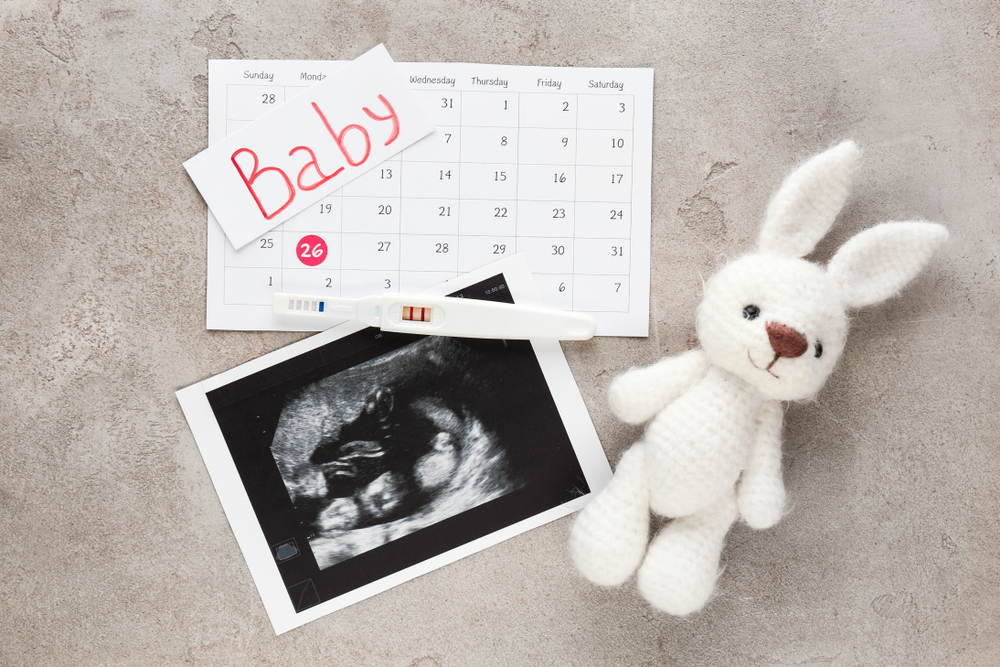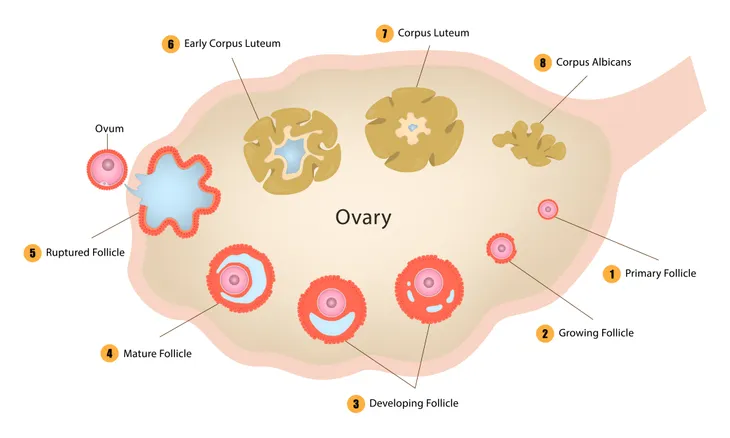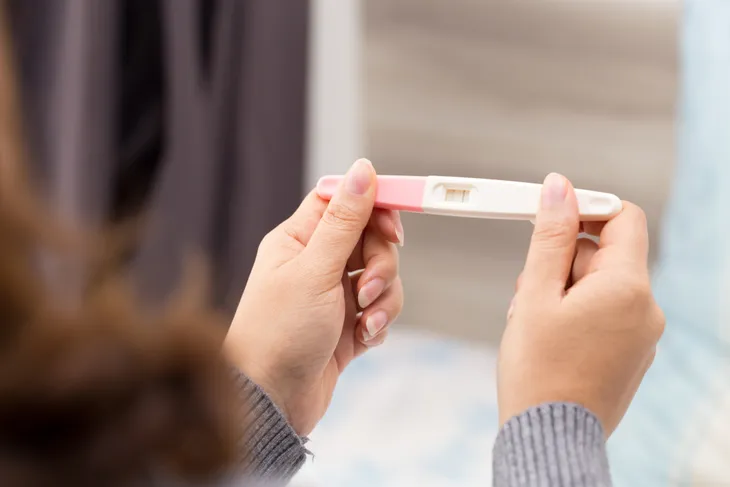The moment you find out you are pregnant, a question soon follows: when is the baby due? In the past, women had to anxiously wait until the first doctor’s appointment to find out the due date. However, many websites now offer due date calculators. Although these calculators promise to give you an instant estimated due date, there are a few things you should know.
Method of Calculation
Due date calculators provide an estimated due date (EDD), which suggests the day labor is expected to occur. It is calculated by adding 280 to the FIRST day of the last menstrual period.
40 Weeks, not 9 Months
So, it’s not 9 months of pregnancy, but rather 40 weeks of pregnancy. Because the pregnancy begins on the first day of the last menstrual cycle, the total comes to 40 weeks. This varies from conventional wisdom which tells us that a woman is pregnant for 9 months. This is an important distinction when dealing with healthcare professionals.
A Normal Menstrual Cycle
Most due date calculators assume a “normal,” 28 day cycle when calculating your EDD. However, normal varies and typical adult women have cycles that range anywhere from 21 to 35 days. This normal variation is not accounted for in due date calculators.
Length of Cycle Affects the Due Date
The length of the menstrual cycle affects the due date. Some common variances include infrequent periods and too frequent periods. All of these variations can affect the EDD. For example, women with an irregularly short cycle tend to deliver a few days earlier. Women with an irregularly long cycle tend to deliver a few days later. Due date calculators do not take these variances into account.
Ovulation
Due date calculators typically assume that conception occurs on day 14 of the cycle. For many women with a normal cycle this might be correct. However, because of the variations in cycles, the EDD can be subject to an error of more than 2 weeks. In fact, the most fertile period is a range of days, days 10 to 18 for many women. It is likely that ovulation occurs at some point during that range of days.
Date of Conception
For some people using the exact date of conception produces a more accurate EDD. Women who have used in-vitro fertilization will know the exact date of conception. Other women who have been tracking ovulation might know the date of conception. If so, the EDD will be 38 weeks from that date.
Errors in Dating Last Menstrual Period
Many women experience errors in dating their last menstrual period (LMP). This might be due to irregular cycles, a surprise pregnancy or simply forgetting when it last occurred. Another issue is that some women mistake implantation bleeding for a menstrual period.
Full Term Pregnancy
The EDD is 40 weeks from the LMP. However, a pregnancy is considered full term when the woman delivers anytime from 37 weeks to 42 weeks. In other words, spontaneous labor is likely to occur during this time period and your EDD might be different from the date you actually deliver.
EDD is an Estimation
Only 5-percent of women deliver on their due date. Although it would be nice to know exactly when the new baby is going to arrive, the EDD provides only estimation. So, why is the EDD such a big deal? The EDD allows health professionals to assess the development of the baby as well as time certain tests that need to be done during a specific time in the pregnancy.
Multiple Births
What about twins, triplets, and even quadruplets? It is important to note that due date calculators do not account for multiple births. Although the EDD for multiples is calculated in the same way, the likelihood of carrying multiples to a full term pregnancy is not as likely as a singleton. On average twins are born four weeks early and triplets are born about seven weeks earlier.













